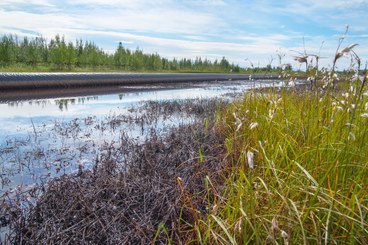
Environmental Impact of Major Accidents
Assessment of the consequences of major accident scenarios for the environmental compartments – soil and groundwater, superficial water courses and lakes, sea
Conventional quantitative risk assessment models usually address only the risk to people, both for onshore and offshore activities, in which oil and gas, as well as other hazardous substances, are stored, transferred, and processed. To date, no widely accepted quantitative environmental risk indexes are available. Thus, a comprehensive methodological approach for the quantitative assessment of the risk to the environment caused by major spills of hazardous chemicals is still lacking. The necessity to close this gap is becoming more and more urgent, because climate change is expected to increase the frequency of accidental scenarios triggered by natural disasters, which have a particularly high potential for the contamination of vast areas.
The research activities carried out in this research area are aimed at:
- the definition of quantitative environmental risk indexes for onshore oil spills from pipelines and the development of a methodology for their estimation
- the definition of quantitative environmental risk indexes for oil spills at sea and the development of a methodology for their estimation
- the development of a procedure for the determination of the emergency response gap analysis (RGA) in combating oil spills at sea
- the estimation of the consequences of submarine CO2 leakages in the context of CCUS projects
- the development of a procedure for the estimation of the environmental consequences of industrial accidents triggered by natural disasters (NaTech accidents)
Industrial projects on this topic addressed:
- the development of a method for carrying out the emergency response gap analysis (RGA) in combating oil spills at sea, due to adverse meteorological and marine conditions
- the estimation of the risk to the seafloor caused by oil spills at sea
- the estimation of the consequences of submarine CO2 leakages in the context of CCUS projects